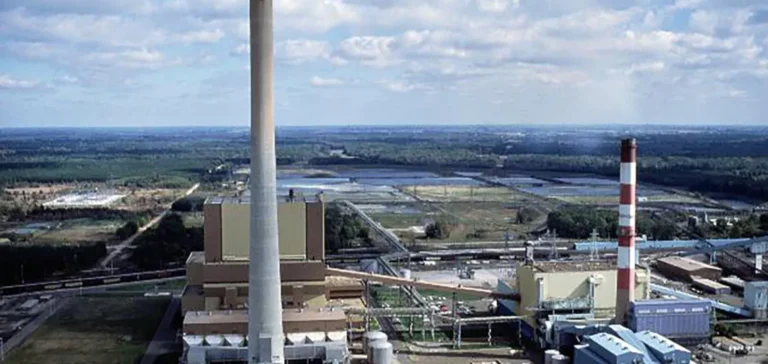The United States Department of Energy has issued an emergency order to ensure the stability of the electrical grid in the Midwest region. The announcement, made by Secretary of Energy Chris Wright, provides for the temporary continued operation of the J.H. Campbell coal-fired power plant located in West Olive, Michigan. The facility, operated by Consumers Energy, was originally scheduled to cease operations on May 31, 2025—fifteen years before the end of its planned operational life.
Secretary Wright instructed the Midcontinent Independent System Operator (MISO) to coordinate with Consumers Energy to ensure the plant remains available for operation. He also required MISO to take all necessary steps to minimize the economic impact on consumers. Maintaining this generation capacity aims to mitigate the heightened risk of power outages in a context of strong demand and intermittent availability of renewable energy sources.
Operational Context and Role of the Campbell Site
Since May 23, 2025—the date of the Department of Energy’s (DOE) initial order—the J.H. Campbell plant has played a critical role in MISO’s operations. It has been called upon repeatedly during periods of high energy demand, particularly when renewable generation was low. The facility, in service for several decades, provides dispatchable generation capacity regarded as strategic for ensuring grid continuity.
According to the DOE’s Grid Reliability Evaluation, continued retirement of dispatchable plants could increase outage risks by a factor of one hundred by 2030. This projection is based on forecasted installed capacity and consumption patterns in areas with constrained flexible generation.
Order Duration and Impact on Grid Operators
The new directive, which took effect on August 21, 2025, will remain in place until November 19, 2025. It is part of an emergency legal framework aimed at responding to exceptional conditions on the U.S. power grid. The text does not introduce long-term regulatory changes but addresses an immediate need for supply security.
This temporary extension raises operational questions for grid operators, who must balance decarbonization targets, reliability requirements, and price stability. It also highlights growing tensions linked to the variability of renewable energy generation amid rising energy consumption.






















